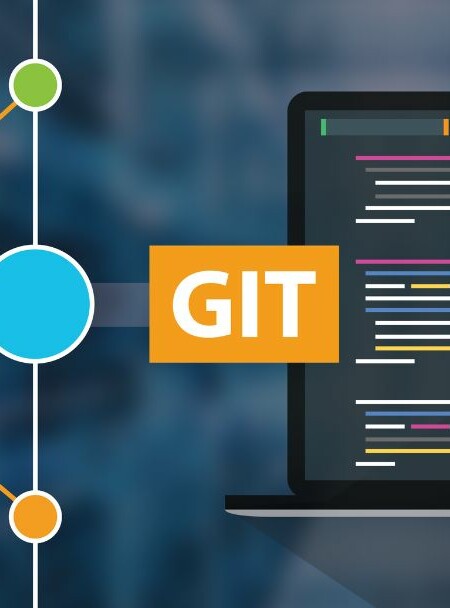Productive version control with Git






Have you ever wondered why some people tell you to pull and others to fetch? Have you
ever tried to rebase without really understanding what you're doing?
Version control is one of the most important tools for a software professional, and the most
used version control system currently is Git. By learning to be an effective Git user and
understanding how Git works internally, you create a good foundation for professional
software work.
The course teaches the most important aspects of Git's daily use and describes what
operations take place inside Git when different commands are run. The course teaches how
Git works using the command line and the graphical tool Gitk.
Location
Helsinki
Training formats
Classroom
Remote
Duration
1 päivä
Price
890 €
Target Group
The target group is Git beginners as well as more experienced users who want to deepen
their knowledge. Git is needed by, e.g., DevOps, programming, and software testing
professionals.
Tavoitteet
The goal of the course is to create a good foundation for using Git and an understanding of
distributed version control. In addition, the goal is to learn the most common commands
used in the course and understand why and when you should use them. After the course,
the participant will have an excellent chance to develop the use of Git in their software
projects and independently explore the use of Git in different situations.
Productive version control with Git - course outline
Introduction
● What is version control and distributed version control?
● What is Git?
Basic operations
● Repository creation
● Working tree
● Creating commits
● Staging area
● Revisions
● Branches and their effective use
● Merging branches
● Rebasing branches
● Working with branches
Remote operations
● What are remotes?
● Clone
● Fetch vs. Pull
● When will there be conflicts?
Tools and tricks
● Tips for using Git
● Questions and answers about the issues discussed in the course
You might be interested in these courses:

